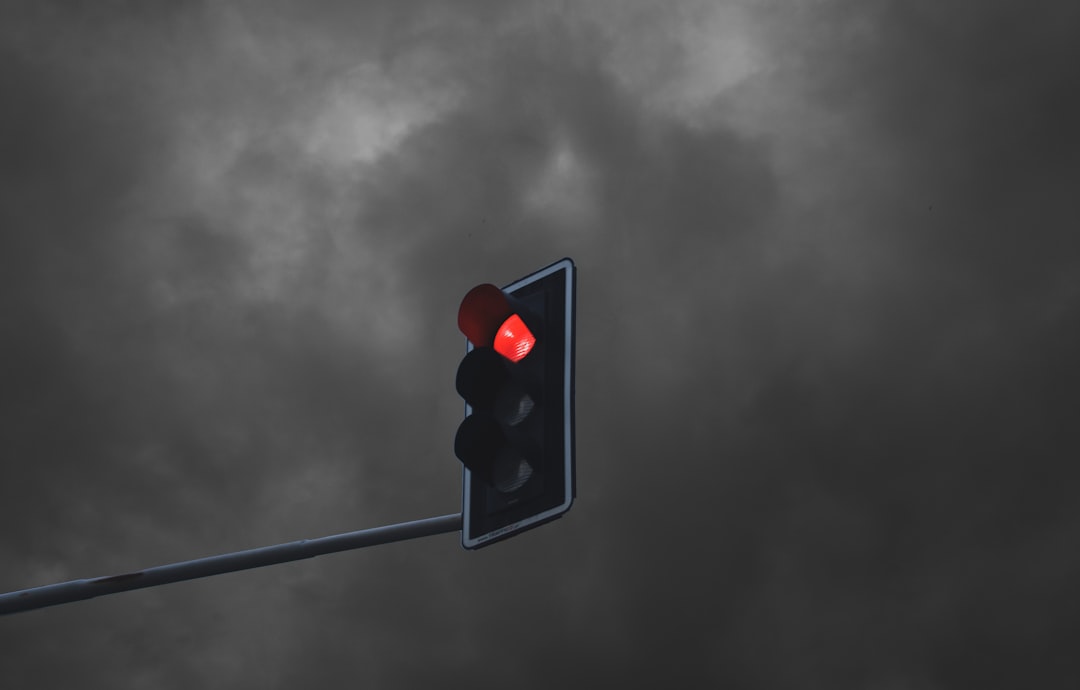What is it about?
Wearing masks an important weapon against the spread of COVID-19, but little is known about its effect on cognitive performance. Using almost 3 million chess moves by thousands of tournament players, this paper shows that when masks were required, players made lower-quality decisions during the first four hours of play.
Featured Image

Photo by Celest So on Unsplash
Why is it important?
Wearing masks an important weapon against the spread of COVID-19, but little is known about its effect on cognitive performance. The results suggest that masks may act as a distraction that hinders cognitive performance when a person's working memory load is high, and that people can adapt over time.
Perspectives
As a chess Grandmaster and former professional player, I found the results to be both interesting and surprising. To me, a key implication of the results is that masks have no substantial effect on cognition in most contexts that people face on a day to day basis. However, in certain environments in which working memory load is high, such as high-level chess, school and university examinations, and professions with intensive cognitive demands, the results provide food for thought about the costs and benefits of masks policies.
David Smerdon
University of Queensland
Read the Original
This page is a summary of: The effect of masks on cognitive performance, Proceedings of the National Academy of Sciences, November 2022, Proceedings of the National Academy of Sciences,
DOI: 10.1073/pnas.2206528119.
You can read the full text:
Contributors
The following have contributed to this page










